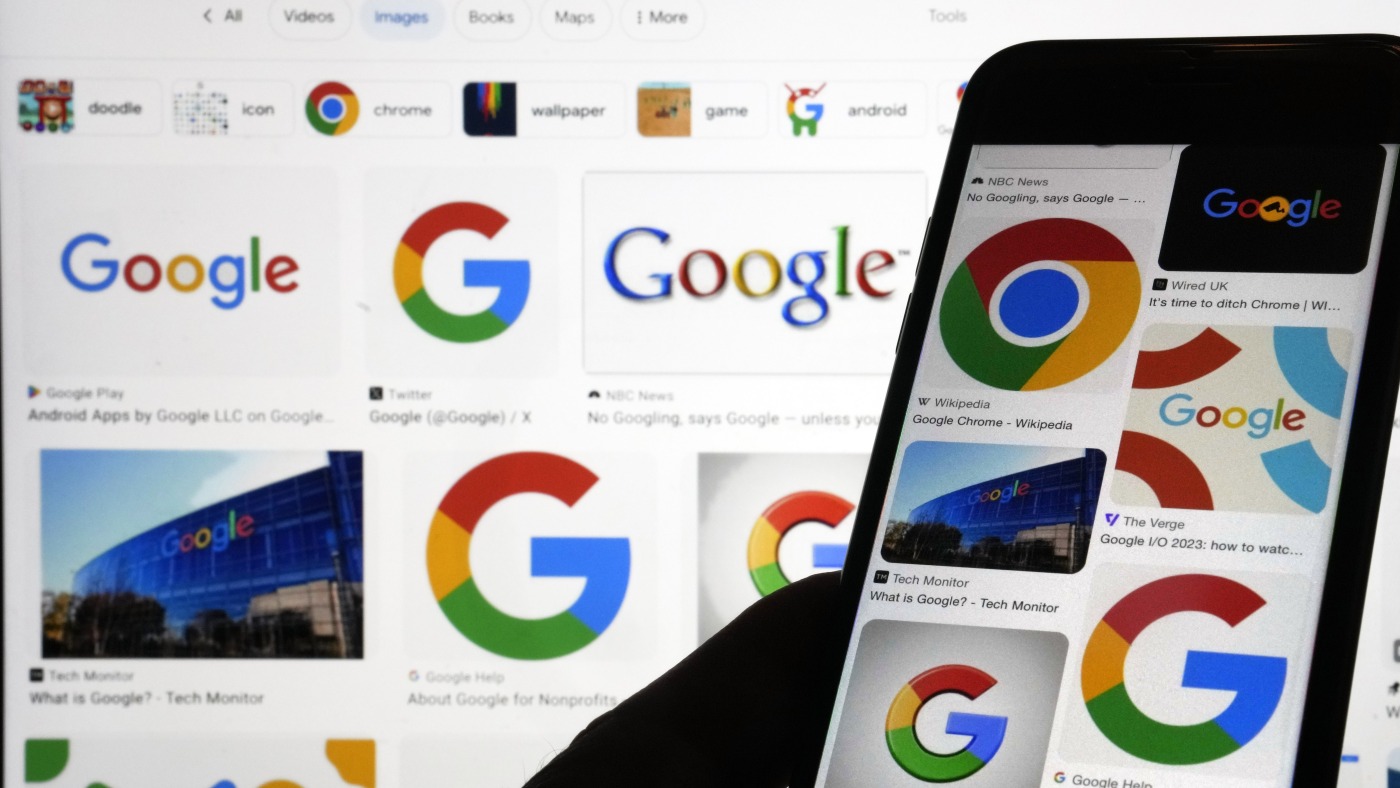Google is set to return to court on Monday for the final phase of a landmark antitrust case that could result in its breakup, an outcome that would send shockwaves through the tech world and disrupt internet search dynamics. In 2020, the Justice Department, alongside several states, accused Google of illegally stifling competition by paying web browser and phone manufacturers to set Google as their default search engine. Last summer, U.S. District Judge Amit Mehta ruled after a 10-week trial that “Google is a monopolist, and it has acted as one to maintain its monopoly.” The nearly $2 trillion company has stated it will appeal, but only after this phase concludes.
Google’s Vice President for Regulatory Affairs, Lee-Anne Mulholland, argued in December that people use Google because they want to, not because they have to. Starting Monday, Judge Mehta will oversee a hearing expected to last several weeks, during which the Justice Department and Google will present competing visions for an appropriate market remedy for Google’s monopolistic behavior.
The government suggests that the judge should prohibit Google from making third-party payments to phone makers like Apple to secure its default search position. They also propose that Google spin off its Chrome web browser and possibly sell its Android smartphone operating system. Chrome is the world’s leading web browser, and Android is the most widely used smartphone operating system. Both come preloaded with Google services, which power its highly profitable advertising business.
In a pre-hearing brief on April 14, Google’s lawyers argued that the Justice Department’s proposed remedies do not align with the anticompetitive conduct identified. They claim these steps would harm consumers and innovation, as well as future competition in search and search ads across numerous markets.
Rebecca Haw Allensworth, an antitrust professor at Vanderbilt Law School, noted that even if Google appeals, the case is shaping how digital markets will be regulated. The last major tech-related government antitrust case was against Microsoft in 1998, which paved the way for Google’s rise in online search. If the judge enacts all the government’s requests, it could significantly alter the landscape for tech innovation.
An initial Justice Department proposal included forcing Google to divest from its AI investments, including over $3 billion in Anthropic, the developer of the Claude large language model. However, in March, the DOJ altered its stance, dropping the divestiture requirement due to concerns about unintended consequences in the evolving AI space.
— new from NPR
